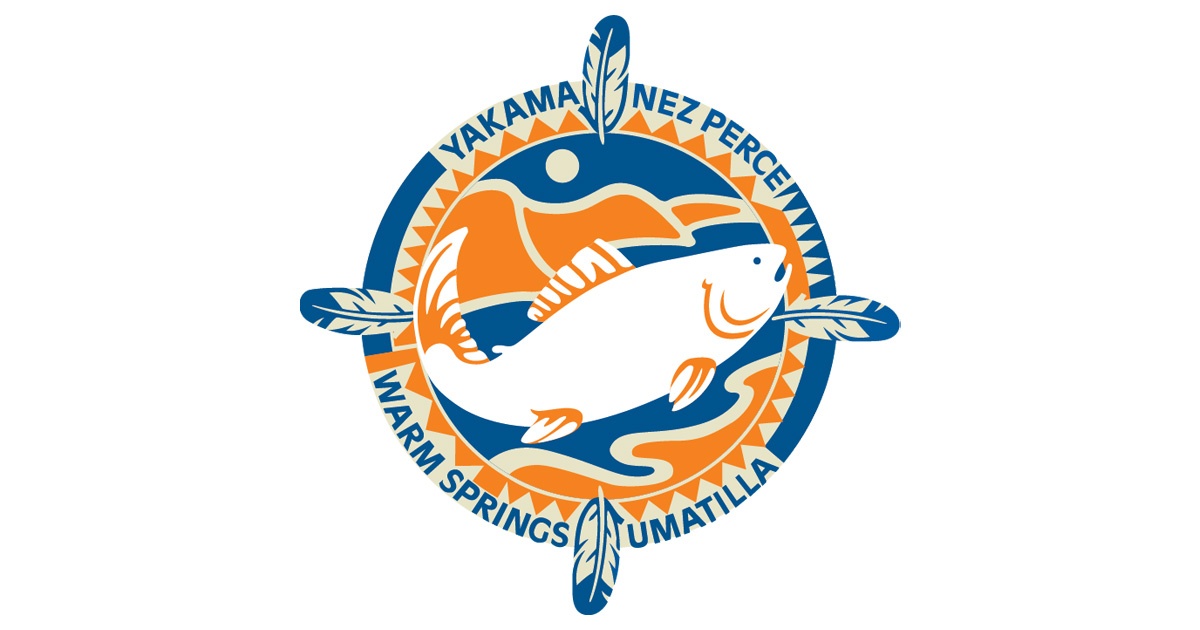The CRITFC Coastal Margin Observation and Prediction Program (CMOP) is a nationally recognized research program that includes an oceanographic observation network and numerical modeling capabilities dedicated to understanding the linkages between the Columbia River and the Pacific Ocean.
The CMOP observation network consists of buoys and dock-based stations in the Columbia River estuary and plume that track physical and biogeochemical parameters.
We seek an experienced and mechanically inclined Oceanographic Instrumentation Technician to join our CMOP team. This role is part instrumentation technician, part field scientist, and has a strong potential for professional advancement. It is an important role with a team that does exciting, breakthrough science. The position is located in Astoria, OR at CRITFC’s Field Station at the Clatsop Community College Marine and Environmental Research and Training Station.
CRITFC offers competitive compensation and an exceptional benefits package, including medical, dental, 401(k), 8 hours of vacation accrued each month (to start), 12 paid holidays, and paid sick time. We provide professional development opportunities, promote from within, and have a Native hiring preference as part of our commitment to our people. As a result, you will find a work environment that supports and inspires our shared goals of protecting the natural world and the tribal cultural connection to it.
Location: Astoria, OR
Responsibilities
- Maintain buoy and dock-based ocean instrumentation to track physical (salinity, temperature, water levels, and currents) and biogeochemical conditions (dissolved oxygen, pCO2/TCO2, chlorophyll, turbidity, nitrate, phycoerythrin, photosynthetic efficiency, and colored dissolved organic matter) in the estuary and coastal ocean.
- Maintain other sensors and stations around the estuary used for data gathering and telemetry.
- Approximately two days per week, service dock-based instruments.
- Travel by 50’ boat to deploy, recover, and service buoys (approximately 20 trips per year).
- Calibrate instruments and monitor instrument performance to ensure data quality.
- Troubleshoot mechanical, optical, electrical, and programming issues with instruments.
- Maintain comprehensive notes and records on observatory development, operations, and maintenance.
- After training, service ocean instrumentation, including wiring the instruments, independently.
- After training, devise mechanical and electrical solutions to optimize instrument reliability.
- Build strong professional relationships within the Columbia River estuary science and marine community.
- Perform all parts of this role with a safety mindset.
Qualifications
- At least three years of experience working with ocean, estuary, or similar instrumentation.
- Experience conducting or contributing to ocean or estuary research.
- Experience working at sea. You already know what it’s like to work outside, often in bad weather, on the ocean.
- Strong mechanical aptitude. You like to troubleshoot equipment because you love knowing how things work. You are the person who reads the technical manuals.
- Strong electrical aptitude. You have experience with wiring and small electrical repairs.
- Strong attention to detail. You have systems for ensuring the quality of your data, and you are personally committed to providing high-quality data for your team.
- Strong project management and self-management skills. You set milestones and deadlines for yourself, and you don’t need to be reminded by your manager to meet these.
- While you are a good self-manager and troubleshooter, you are not shy about seeking technical or other assistance to solve problems. You enjoy this sort of collaboration.
- Willingness to roll up your sleeves and do what needs to be done to help the CMOP team and others. You are known for being a team player.
- A strong desire to be of service to a tribal organization or enrolled membership in a tribal organization. Knowledge of or dedication to learn tribal history and customs of CRITFC’s four member tribes.
- Formal education in oceanography or a related STEM field. Extensive experience with ocean and estuary research and/or instrumentation can substitute for formal education in the field.





